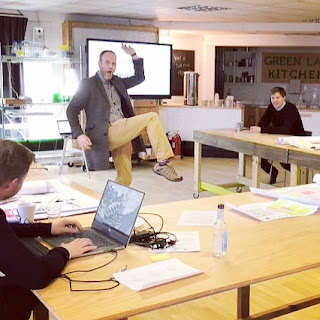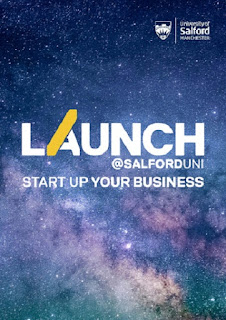Earlier this year, there was the introduction of a piece of legislation that gives people in work, who also have unpaid caring responsibilities, the right to take up to a 'week off' as part of how the can better support the person who relies on them in that role.
However, as various researches and stories shared to coincide with the recent #CarersRightsDay by various carers bodies highlighted - most employers (and carers) aren't aware of this, and of those that are, most can't afford to ask for it or take it. This is largely because:
- people in work who are also carers are more likely to already be in poverty, so simply can't afford to take this time off unpaid;
- many businesses' workplaces may struggle to offer the flexibility that a person needs (for example - if they're a teacher, work in a clinical role, or as part of a manufacturing or engineering firm);
- lots of carers simply don't recognise themselves as being such, or if they do, are afraid of recriminations or damage to their future careers if they 'come out' to their employer.
And as a result of their not being able to take this leave, carers are:
- leaving their jobs in droves: currently, in the region of 600 people every day quit their jobs, because they can't balance their paid role with their caring responsibilities. This means a growing loss of skill and talent for businesses, and more people entering a life of poverty (because the act of being a carer means that, typically, you 'loose' at least £20,000 in earnings you would have otherwise earned each year);
- increasingly unwell and becoming mentally ill, because they're having to use their holiday leave entitlements to fulfil caring responsibilities. This leaves them no time to rest and recover, which means that they're accelerating when they'll reach burnout and breakdown points.
All of this has been percolating around the back of my head over the last few days, and if anyone has a magic wand going spare (or knows where I can pick up a magic lamp with a genie it), this is what might help:
- Extend the government's existing Access to Work scheme: this was designed to support people with disabilities or mental ill health to gain/remain in work, and is based on the Equalities Act. Carers are (in theory) also covered by the same Act, so what if Access to Work could be flexed to recognise and support carers as well? This would enable employers to invest in/introduce practices and systems that they might otherwise struggle to be able to. And yes, this would mean an increase of cost to the government, but it would also mean more people are able to stay in work, and employers are able to retain the skills and talent they need for growth.
- Create a 'carers note' system, akin to current GP's 'fit notes'. This would help employers be able to better recognise and 'legitimise' employee's needs as carers, and might also help individual carers better identify as such (most of us don't 'claim the badge' until we've been doing it for around 3 years on average). This also then links into the next idea...
- Get the Treasury to offer employers the ability to reclaim the cost of an employee's salary when they're on carers leave, in the same way they currently can for maternity and other types of family leave. Carer's are nearly always caring for a family member of some type, so it's in keeping with current systems and rules; and this would also mean that Carers could afford to take this leave too. And yes, it would mean a higher cost to the government, but as with extending the Access to Work idea above, the return would surely show it would be 'fantastic' value for money, on the same grounds?
- Get higher visibility and profile for carers and carers needs in workplaces, not by recruiting 'ambassadors', but targeting the people that most small businesses listen to and trust the most: their accountants and trade bodies.
- Finally, remove the +20% growth potential requitement that businesses have to evidence to be able to access funded business support programmes, so more employers can get support in working out how to make options best work for them and their employees who are also carers. Otherwise, lots of employers will continue to lose skills and talent, and increasingly perform less well, which will contribute to the wider economy grinding to a halt...
And yes, any changes to systems that offer government payments can be open to abuse and fraud - but there are already safeguards and checks and balances in place for all of the above where these might be needed, including the DWP's own longstanding practice of being able to recognise a carer and authorise them as an 'appointee' to manage disability payments and other benefits that the person they care for is entitled to receive, if that person is not able to do so themselves. So another example of how the systems and infrastructure needed is already there...
How audacious, crazy, unfeasible might some of these ideas be?














